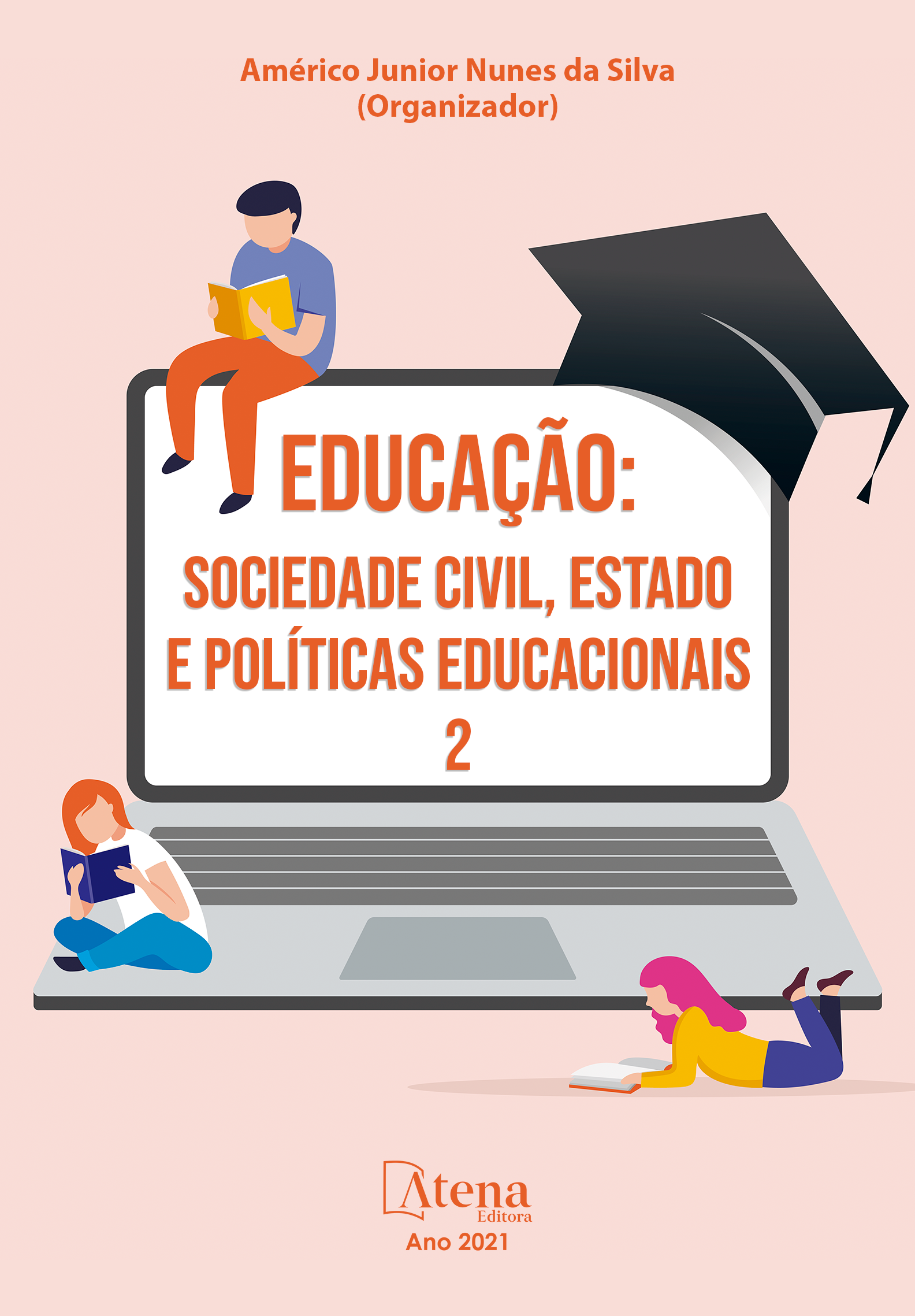
O PROCESSO DE IN/EXCLUSÃO ESCOLAR DOS ESTUDANTES COM DEFICIÊNCIA VISUAL: A COMPREENSÃO DOS PROFESSORES E AS POSSIBILIDADES DE EMANCIPAÇÃO SOCIAL
Este trabalho tem como principal objetivo analisar a compreensão dos professores do ensino regular que possuem estudantes com deficiência visual em suas salas de aula, sobre a in/exclusão desses estudantes em suas práticas pedagógicas, bem como, visa compreender os processos de in/exclusão escolar quanto às possibilidades de emancipação social. A abordagem metodológica adotada é de cunho qualitativo, fundamentada em teóricos críticos da educação. O recorte temporal para pesquisa de campo no período compreendido entre 2007 a 2012. Os instrumentos de coleta de dados foram entrevistas semiestruturadas e observações. As análises dos dados nos guiaram para os seguintes resultados: a in/exclusão dos estudantes com deficiência visual no ensino regular numa perspectiva dos professores implicou a consciência dos obstáculos, mas também a esperança e um posicionamento diante das práticas e teorias educacionais vividas nas escolas. Verificou-se que a prática do processo de inclusão e o exercício de uma cidadania emancipada devem ocorrer em todos os momentos e espaços da escola. Dessa forma, a inclusão escolar é um processo múltiplo, que resulta em ganho para os estudantes com deficiência visual, ao se apropriarem das informações recebidas das pessoas que enxergam em seu entorno, que ao oferecerem ajuda, aprendem como ajudar. Defende-se que os professores que lecionam no ensino regular para turmas que possuem estudantes com deficiência visual, em processo de inclusão, reconhecem e fortalecem a luta dos estudantes privados da visão para estarem incluídos. Os professores também reconhecem que com os recursos adequados e o tratamento de forma respeitosa favorecem um ambiente de confiança e de esperança, em que tanto estudantes com deficiência e/ou sem deficiência visual, bem como os professores, constroem um processo de emancipação social.
O PROCESSO DE IN/EXCLUSÃO ESCOLAR DOS ESTUDANTES COM DEFICIÊNCIA VISUAL: A COMPREENSÃO DOS PROFESSORES E AS POSSIBILIDADES DE EMANCIPAÇÃO SOCIAL
-
DOI: 10.22533/at.ed.80221010210
-
Palavras-chave: In/exclusão. Deficiência visual. Emancipação social.
-
Keywords: In/exclusion. Visual impairment. Social emancipation
-
Abstract:
This work has as main objective to analyze the comprehension of teachers of regular education that have visually impaired students in their classrooms, about the in / exclusion of these students in their pedagogical practices, as well as, it aims to understand the processes of school in / exclusion regarding the possibilities of social emancipation. The methodological approach adopted is of a qualitative nature, based on critical theorists of education. The time frame for field research in the period from 2007 to 2012. The data collection instruments were semi-structured interviews and observations. The analysis of the data guided us to the following results: the in / exclusion of students with visual impairment in regular education from the perspective of the teachers implied the awareness of the obstacles, but also the hope and a positioning in relation to the educational practices and theories experienced in schools. It was found that the practice of the inclusion process and the exercise of an emancipated citizenship must occur at all times and spaces in the school. Thus, school inclusion is a multiple process, which results in gains for students with visual impairments, by appropriating the information received from the people they see in their surroundings, who, when offering help, learn how to help. It is argued that teachers who teach in regular education for classes with visually impaired students, in the process of inclusion, recognize and strengthen the struggle of students without vision to be included. Teachers also recognize that with adequate resources and respectful treatment, they favor an environment of trust and hope, in which both students with disabilities and/or without visual impairment, as well as teachers, build a process of social emancipation.
-
Número de páginas: 10
- Claunice Maria Dorneles


